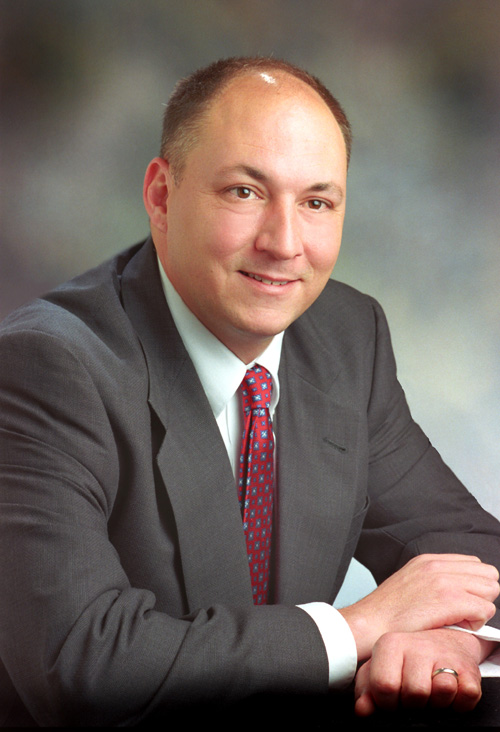Contact: Maridith Geuder

Matthew R. Lee
Many academic and research programs dealing with crime in the United States miss an important point, according to a Mississippi State sociology professor.
Matthew R. Lee has found that criminal activities increasingly happen on the roads, highways, and main streets of rural communities, rather than on the streets of major urban areas.
With support from the National Science Foundation, the assistant professor of sociology is expanding his scientific investigation into the causes of rural crime. His ultimate goal is the establishment of an academic program reflecting the new demographics that will better prepare the university's students for criminal justice careers.
Lee's five-year, $400,000 Early Career Award from NSF is one of only a handful awarded in the social sciences. Most of the nearly 300 others recently announced for 2003 were made to research projects in engineering, sciences and technology.
"This is a highly prestigious recognition that reflects the significance of the research program established by Dr. Lee since he arrived at Mississippi State in 1999," said Martin L. Levin, head of MSU's department of sociology, anthropology and social work.
Lee said nearly 60 million Americans now live in areas once considered non-metropolitan, where geographic isolation often demands an entirely different approach to policing. Even though growing evidence suggests that rural areas have substantial variations in crime over time, criminological theory hasn't kept pace, he added.
While most theory and research "continue to focus on urban communities," Lee said maintaining that focus "fails to serve the educational needs of students who will form future law enforcement networks."
The new MSU research and teaching program will help answer an unmet need. In addition to developing curricula for bachelor's and master's degrees in rural crime and community organization, Lee said, "We will create a framework to advance sociological and criminological understanding of rural crime, drawing on a variety of federal reports and data."
Lee has theorized that the level of engagement in religious, social and civic organizations may help mitigate criminal activities, especially in rural areas. "These institutions serve to develop social networks and may contribute to a higher level of trust and civic engagement within communities," he said.
To test the hypothesis, he plans to develop sociological test models drawn from the federal Uniform Crime Report and Supplementary Homicide Report and a variety of national census data. Research will be conducted under the auspices of MSU's Rural Health Safety and Security Institute, a part of the Social Science Research Center where he is a research fellow.
During subsequent years of the grant, students under his supervision will be asked to serve as community volunteers in order to learn firsthand how various organizations function.
"Ultimately, our goal is to diagnose sources of violence in rural areas and develop social policy recommendations that can effectively reduce criminal activities in non-metropolitan areas," said Lee.
He completed his doctorate in 1999 at Louisiana State University.
NEWS EDITORS/DIRECTORS: For more information about Dr. Lee's research, contact him at (662) 325-7885 or lee@soc.msstate.edu.